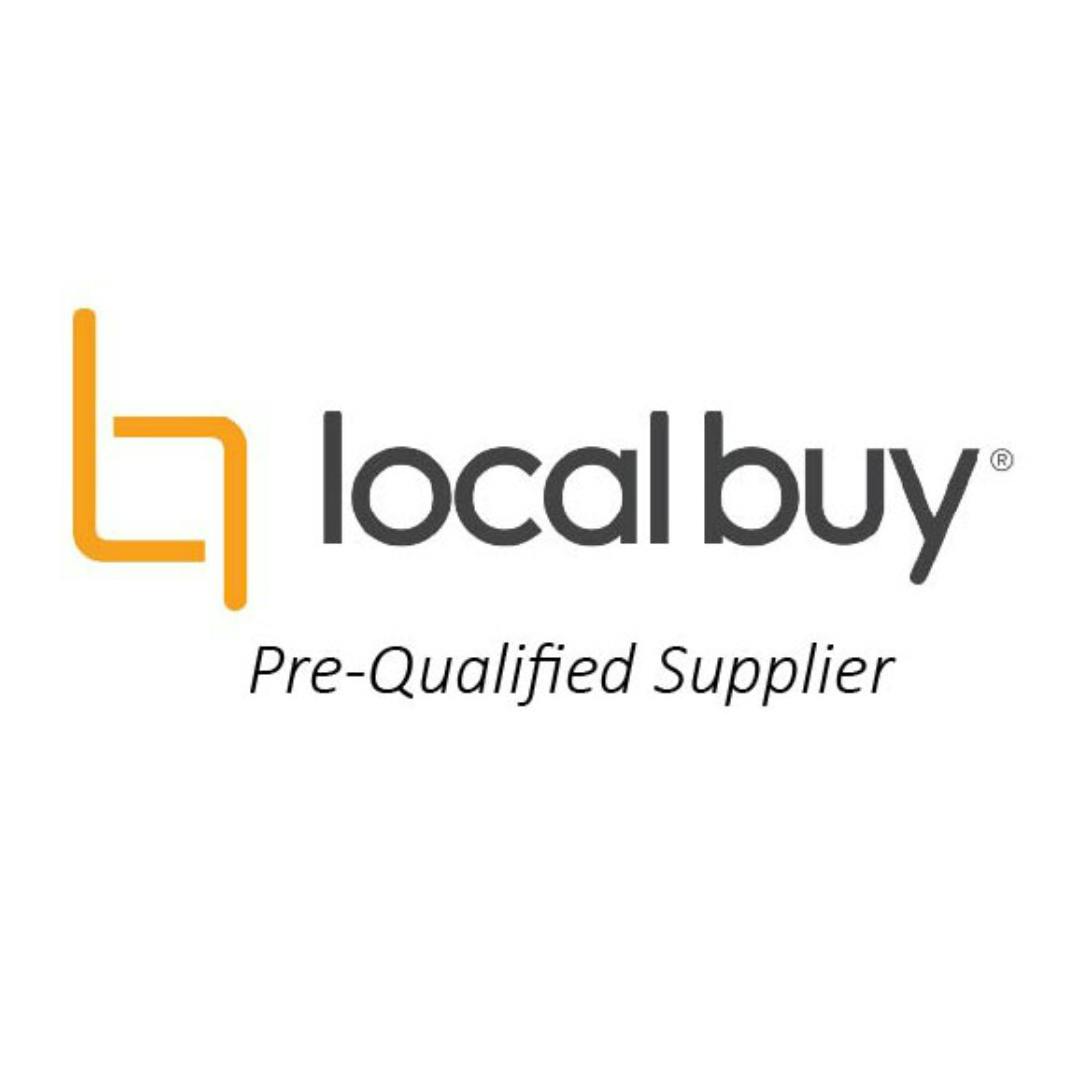On Episode 3 of the Helix Essential Series, Michael Chesterman and Janelle Kerrisk spoke to Jeremy Russell. Jeremy is an Associate at Beale & Co and is currently working in the firm’s Dubai office. He specialises in dispute resolution, project advisory and non-contentious advice for the firm’s construction clients.
Jeremy, Michael and Janelle discussed a range of industry issues, and particularly discussed the differences between Dubai and Queensland.
Contracts
Throughout the episode, Jeremy took questions from the live audience about the form of contracts most commonly used in Dubai. Jeremy informed us that the most predominate contract used in the Middle East is a FIDIC based standard form contract. The International Federation of Consulting Engineers, or commonly referred to as FIDIC, is an organisation best known for developing standard contract forms for the construction and engineering industry.
According to Jeremy, the FIDIC contracts are very much an “employer dominated space” and include strict delay damages, strict requirement to provide performance security, advance payment guarantees, retention bonds and often require collateral warranties.
Given that these contracts are so employer friendly, Jeremy explained that often a majority of the risk is “priced in” – meaning that the risk will go down the contractual chain all the way down to the subcontractors who carry a heavy risk of non-payment, typical in Australian contracts.
Listen to Jeremy’s detail on contracts, whether he sees a lot of variations to these contracts, and the push for quality in the Middle East below.
What has changed from a work perspective?
The idea for the Essential Series is to spark conversation each week aimed at helping our listeners navigate the construction industry post-COVID. So, it’s important we ask each of our guests – what has changed in your life from a work perspective?
For Jeremy, not too much has changed. Like Helix, he operates using cloud technology. He has been using remote meetings which has proven quite beneficial when dealing with experts from a broad range of jurisdictions and time zones. On a particular matter, Jeremy was dealing with a project in Dubai, the main client in America, and the expert situated in Spain.
Take a look at the further discussion on how both Jeremy and Helix have juggled working across time zones and jurisdictions here.
Productivity
Like Australia, construction remained essential in Dubai throughout the COVID pandemic. With social distancing requirements, Jeremy informed us that it was fair to say that productivity had decreased in Dubai in relation to any current projects.
In Dubai, the Government implemented similar measures to ensure that adequate social distancing and healthcare measures were put in place, such as appropriate sanitisation before entering the worksite, temperature screening, and making sure that there is enough space between people on the job site.
Interestingly, Jeremy pointed out that in Dubai, social distancing and other COVID requirements in the construction industry extend past the construction site. Unlike Australia, in Dubai it is typical for the main contractor to have a large workforce on one project, as opposed to many smaller subcontractors completing the works.. The contractor will then provide labour camp accommodation for that workforce.
These extra measures extend to making sure there is adequate space on the buses to and from the construction site, workers are wearing masks at the labour camp as well as on each site, and that each workers temperature is checked at the labour camps.
Tools for resolution of dispute in Dubai
We learnt from Jeremy that the tools for dispute resolution in Dubai are also slightly different from Queensland.
Dubai does not have the adjudication system, instead dispute resolution mechanisms relied upon include the local courts, Dubai International Financial Centre Courts (DIFC) and mainly, arbitration.
Dubai is a civil law jurisdiction. This is different to Australia because there is no binding precedent. Jeremy explained that while the decisions of the Court may be persuasive, they are not actually binding, and this creates some uncertainty.
Hear from Jeremy below to learn further key differences and limits on dispute resolution mechanisms in Dubai.
Pipeline of work and economic issues
From the consultancy side, Jeremy spoke about how some clients were starting to see a slow down from the pipeline of work they had expected.
Jeremy shed light on how the drop in the oil price greatly impacted on the pipeline of work in the Middle East, and that some work forecasted within the next two or three years are now expected to take place in the next ten.
Top 3 causes of dispute in Dubai
In Jeremy’s opinion, the top cause of dispute in Dubai is delay, followed by cost, and then defect. Click to hear why.
Insolvency
One audience question posed to Jeremy throughout the episode was, “In Australia and the UK, the construction industry has one of the highest rates of insolvency. Is it the same over there [in Dubai], have you seen insolvency numbers rise during the crisis?”.
In response, Jeremy described how he was seeing insolvency numbers rise before the COVID crisis and that COVID certainly accelerated companies which were already struggling.
Only last year, Dubai changed its law so that insolvency is no longer a criminal offence.
Listen to Jeremy’s forecast for insolvency in the construction industry and trading while insolvent in Dubai.
Final thoughts
If you would like to hear from our conversation with Jeremy, click here to view our full playlist of clips on the Helix Legal YouTube channel.
Jeremy can also be reached through the Beale & Co or find him on LinkedIn if you want to get in touch.
We have also uploaded each episode of the Series to date on our channel for you to re-watch anytime.
Michael Chesterman goes live on Facebook and Zoom every Wednesday at 4:00 pm on the Helix Essential Series. To tune in for future episodes, visit the Essential Series page on our website for our upcoming guests and topics.
Not intended as legal advice. Read full disclaimer.


